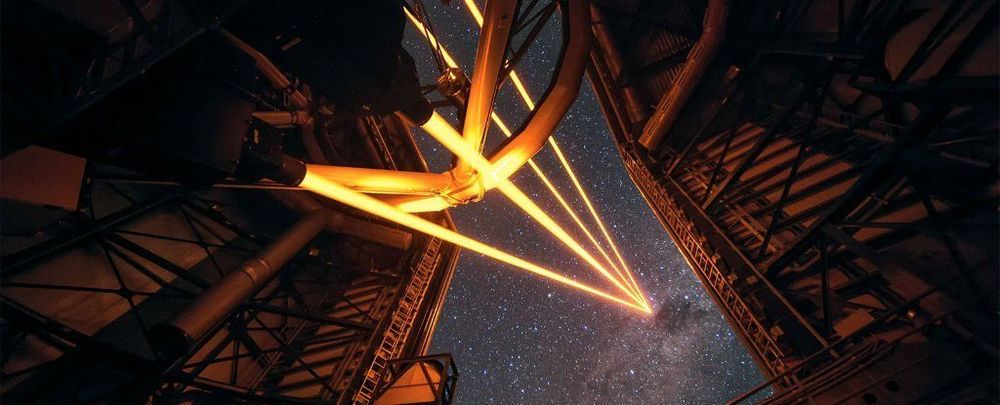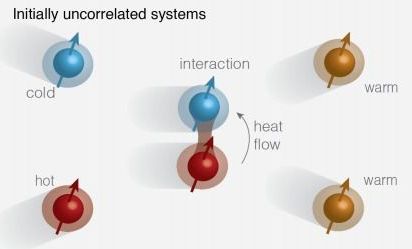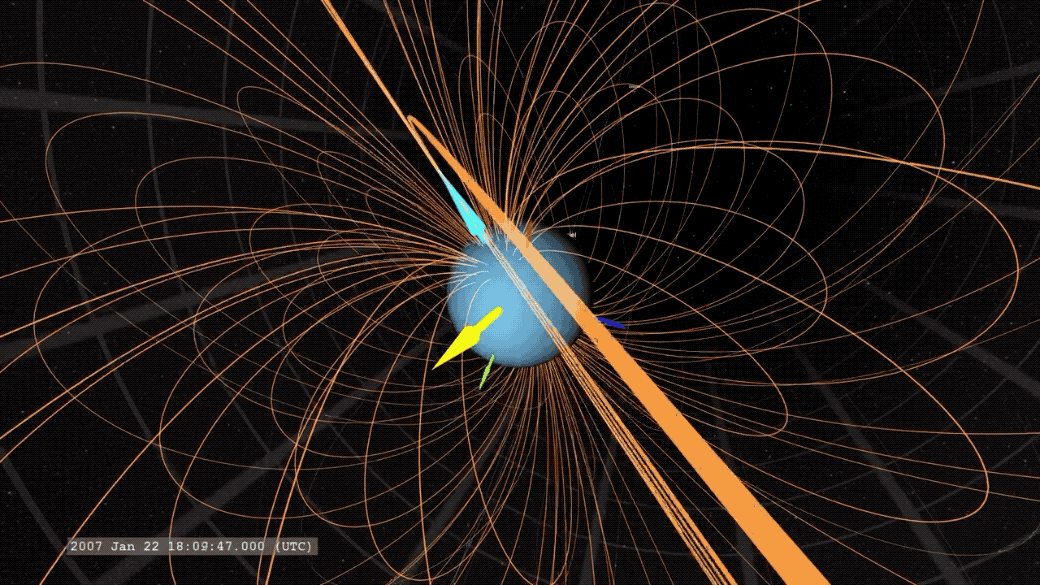The gap between Samsung’s upcoming Galaxy Note 20 and the Galaxy S20 range is growing by the day. And now we have our best look yet at this stunning smartphone.


The gap between Samsung’s upcoming Galaxy Note 20 and the Galaxy S20 range is growing by the day. And now we have our best look yet at this stunning smartphone.


To see distant stars and planets, astronomers must first calibrate their equipment to compensate for Earth’s blurry atmosphere — and that’s a whole lot easier said than done. In fact, to pull it off, they have to actually create artificial stars, dubbed ‘guide stars’, using really, really big lasers.
Now, researchers from the European Southern Observatory’s (ESO) Paranal Observatory in Chile have created the most powerful one to date — a system they call the Four Laser Guide Star Facility (4LGSF).
The new system, which has been tested since last September, works by shooting four 29.9-centimetre (11.8-inch), 22-watt beams into the atmosphere to basically mark the sky.





Greatings earthlings o.o!
Last week a four-day-long immersive show featuring robot puppets took place on the streets of Toulouse, France.
Sandia National Laboratories distinguished technical staff member Juan Elizondo-Decanini developed a new configuration for neutron generators by turning from conventional cylindrical tubes to the flat geometry of computer chips. The Neutristor is an ultra-compact, disposable, neutron generator 1000 times smaller than the closest competitor. The most practical application, and the most likely to be near-term, would be a tiny medical neutron source implanted close to a tumor that would allow cancer patients to receive a low neutron dose over a long period at home instead of having to be treated at a hospital. Elizondo-Decanini says the technology is ready to be licensed for some commercial applications, but other more complex commercial applications could take five to ten years.